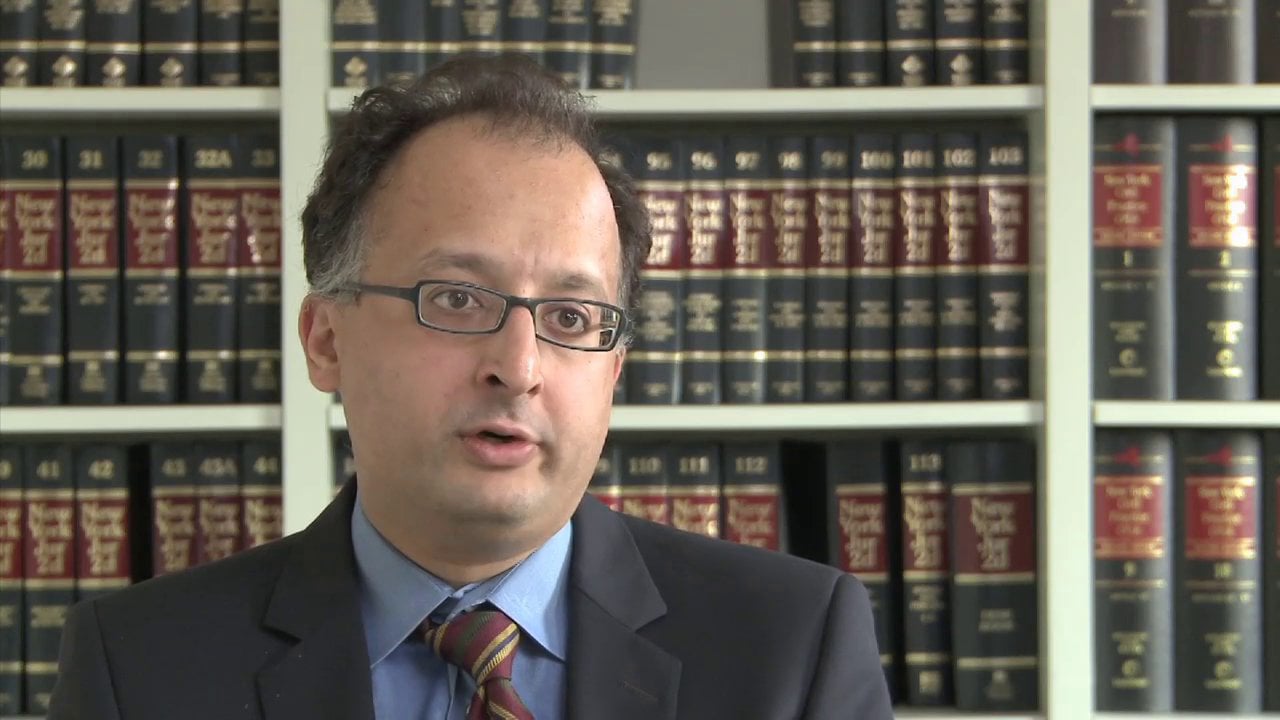
When California voters saw the results of the 2016 presidential election, many began to support the idea of seceding from the United States. However, this movement has encountered several important legal and political obstacles.
Reasons
The Golden State’s powerful economy, varied agriculture, major tech companies and sizable population convinced numerous people that it would succeed as an independent nation. Its great cultural contributions helped to do the same.
Many Californians believed that they could have a country with the advantages of their state and without the negative aspects of the United States. They would move beyond America’s wars, racist violence, and corruption.
Autonomy advocates have promoted secession for a long time. About five years ago, Marcus Ruiz Evans authored a pro-independence book known as “Global California.” He went on to play a major role in the recent separatist campaign.
Relatively few Californians supported secessionism while Obama served as president. This dramatically changed as 2016’s election results enraged voters. About 70,000 people signed a pro-independence petition within one week.
Campaigners Louis Marinelli and Marcus Evans set up a tent near the state Capitol building. They encouraged Sacramento residents to sign the petition and told the public that sufficient signatures would authorize an independence referendum.
Evans often gained support by informing people about the Golden State’s disproportionate tax burden. He noted that California paid more federal taxes than any other state and had to subsidize many parts of the country.
This argument attracted numerous backers, but the movement still faced considerable opposition. To authorize the referendum, Yes California organizers had to gather approximately 585,000 signatures before August arrived.
Even if enough people were to sign the petition, voters would need to support two separate ballot measures before the state declares independence. A final referendum will occur during the spring of 2019 if Californians approve secession in November 2018.
Separatists attracted supporters with a variety of compelling arguments. They noted that the coastal state has a particularly impressive economy. The rest of America might suffer if it stopped conducting business with California.
Independence advocates called for a relatively small military that wouldn’t invade or intervene in foreign nations. California could ease the transition to independence by retaining many aspects of its existing state government.
Obstacles
The secessionist campaign faced greater difficulties when media outlets seized on Marinelli’s decision to take up residence in Russia. Evans had a tendency to behave in a belligerent way that didn’t appeal to the public.
The movement still succeeded in attracting a range of supporters. They included libertarians, independents, conservatives, and leftists. Some Trump voters even backed the Yes California campaign because they had second thoughts about certain federal policies.
Nonetheless, legal roadblocks appear to pose the biggest problem for any secessionist effort. Constitutional expert Erwin Chemerinsky recently explained that the U.S. Constitution doesn’t provide a method for states to secede.
In 1869, a Supreme Court decision prohibited states from declaring independence and nullified any actions that a separatist government might attempt to take. Washington would need to accept a secession referendum’s results before California could break away.
A law instructor at Stanford University also commented on the issue. Michele Dauber warned that separatist efforts might lead to violence. A new civil war could result in millions of fatalities and reverse many of California’s great accomplishments.
Professor Sujit Choudhry explains that states or provinces usually try to secede when residents feel culturally separate from their country and maintain negative beliefs about its history. Many of the world’s secessionists also argue that their regions have been treated unfairly.
Other countries probably wouldn’t recognize California’s independence if Washington refused to do so, according to the law instructor. Choudhry made this prediction by analyzing the results of separatist efforts in other parts of the world.
Setbacks
Yes, California recently suspended its petition. To prevent the media from destroying the campaign with reports about Marinelli’s home in Russia, it decided to let another organization lead the secessionist movement.
Negative media coverage had made it difficult for YC to gain additional financial or political support. The California Freedom Coalition plans to create a new petition and gathers signatures in favor of a similar independence referendum.
However, some Californians began to embrace an alternative to secession in recent months. The state’s governor, legislature, and courts have started taking steps to strongly oppose the Trump administration’s controversial policies.
Governor Brown described California’s new approach in a January speech. He explained that the state would continue to tackle climate change, promote civility and protect immigrants regardless of the federal government’s decisions.
Brown also sought to discourage separatists. Although the governor highlighted the large size of California’s economy, he explained that the state constitutes a vital part of America and has an important role to play within the nation.
A few months later, Jerry Brown visited Washington and expressed support for the Affordable Care Act. He delivered a fiery speech as various Democratic Party leaders listened. Former Vice President Joseph Biden praised Brown’s enthusiasm.
California has refused to relinquish its immigrant sanctuary policies or energy regulations. The state also decided to begin holding presidential primaries in March rather than June. This will give it a bigger influence on national elections.
The Golden State could take further steps, such as pressuring the federal government to eliminate the Electoral College. Perhaps it will also campaign for a tax system that treats high-income states more fairly.
Although California appears unlikely to surmount the obstacles involved in declaring independence, it has the potential to set a positive example and help the entire nation become a better place. It may begin to serve as the greatest counterbalance to Washington.
Sujit Choudhry
The University of California employs Sujit Choudhry as a law instructor. In the past, he taught students in Toronto and New York. Choudhry has visited more than 24 nations to deliver speeches about political and legal issues.
The professor earned legal degrees from three prestigious universities. When he lived in Canada, Sujit Choudhry worked as a law clerk for the nation’s highest court. He has performed thorough research on various aspects of constitutional law.
Professor Choudhry authored or edited more than 90 papers, articles, reports, and chapters. They included journal articles on a wide variety of constitutional issues. One piece focused on Middle Eastern governments that have undergone significant changes.
In 2006, Choudhry served as the editor of a paperback called “The Migration of Constitutional Ideas.” He edited or co-edited four other books between 2006 and 2016. The Oxford University Press published two of them.
Sujit Choudhry has gained membership in several important organizations. He serves on multiple advisory and editorial boards. These entities include the International Society of Public Law, Constitutional Court Review and Institute for Integrated Transitions.













Leave a Reply
Be the First to Comment!
You must be logged in to post a comment.
You must be logged in to post a comment.